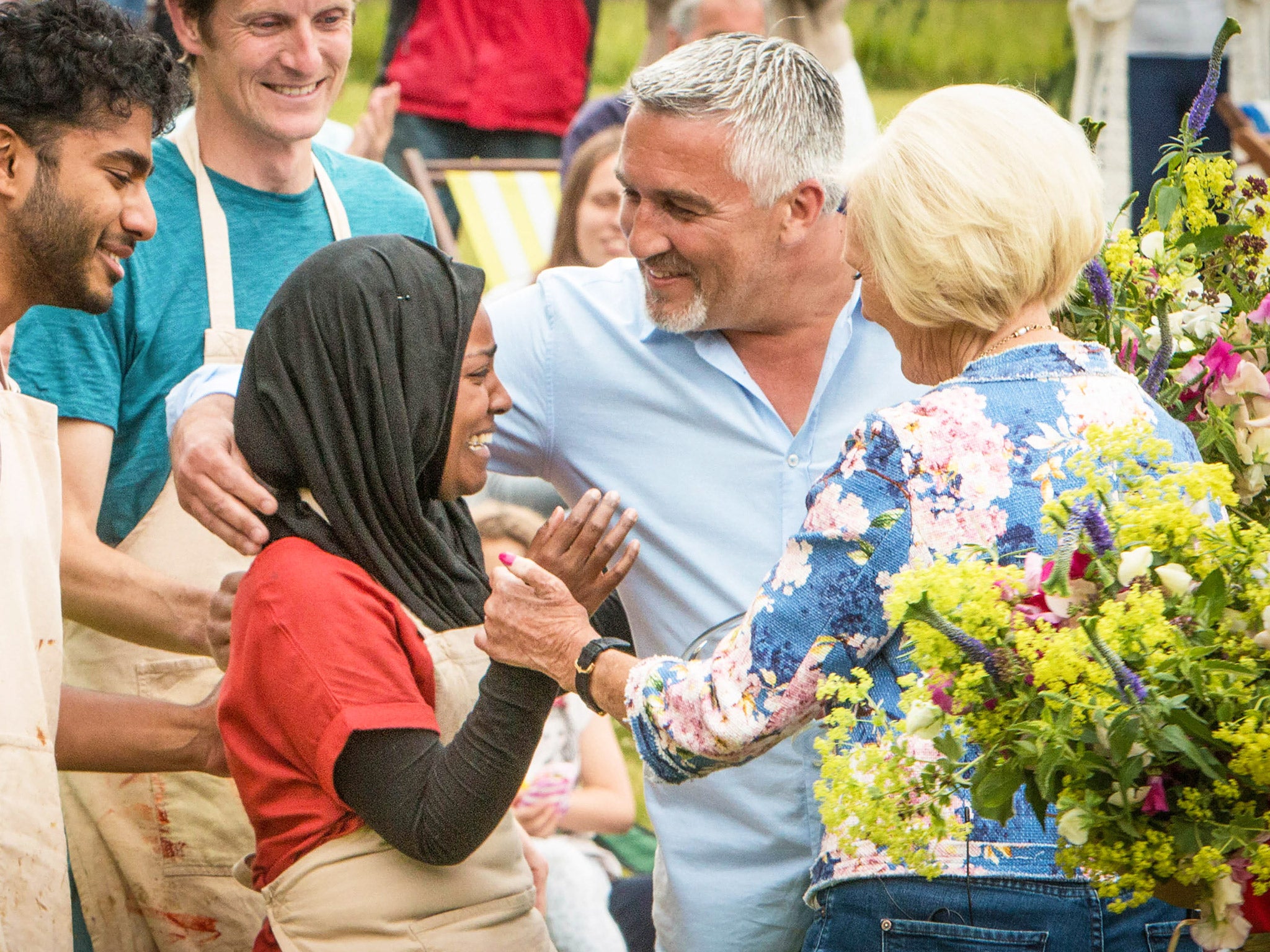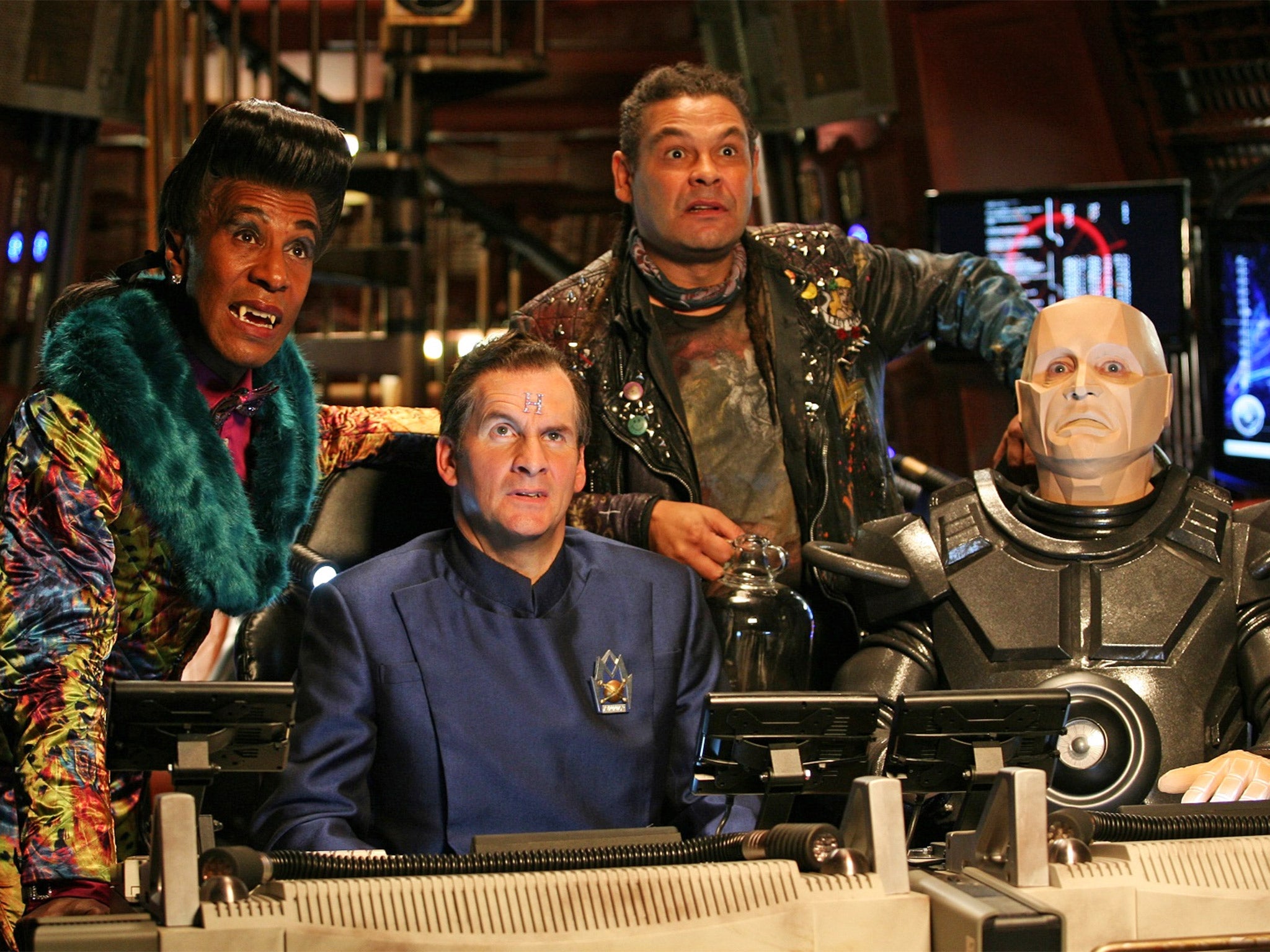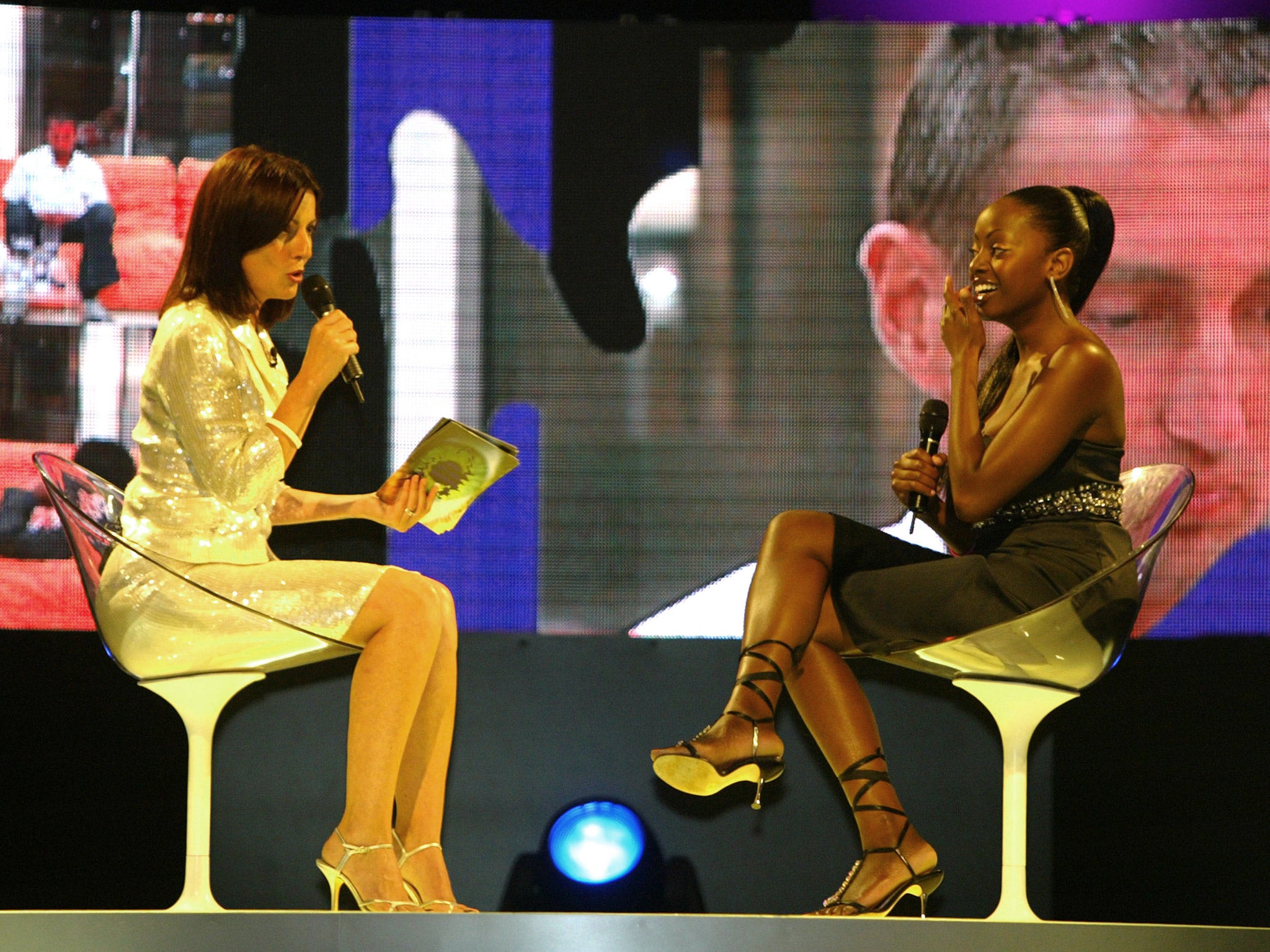The BBC could lose The Great British Bake Off and The Voice in TV's new football-style transfer market
Once, viewers skipped between stations, which stood out by virtue of their best programmes. Now, says Ian Burrell, the shows are channel-hopping, and the viewers are bemused

Your support helps us to tell the story
From reproductive rights to climate change to Big Tech, The Independent is on the ground when the story is developing. Whether it's investigating the financials of Elon Musk's pro-Trump PAC or producing our latest documentary, 'The A Word', which shines a light on the American women fighting for reproductive rights, we know how important it is to parse out the facts from the messaging.
At such a critical moment in US history, we need reporters on the ground. Your donation allows us to keep sending journalists to speak to both sides of the story.
The Independent is trusted by Americans across the entire political spectrum. And unlike many other quality news outlets, we choose not to lock Americans out of our reporting and analysis with paywalls. We believe quality journalism should be available to everyone, paid for by those who can afford it.
Your support makes all the difference.Hopping from one channel to another was once the prerogative of the viewer with the remote control – now, it is common practice among hit shows.
The talent contest The Voice could be about to depart the BBC1 Saturday night schedule for new pastures at ITV, which has previously claimed to be a more suitable home for a global hit format which originated in Holland. The Great British Bake Off might be prised from its berth on BBC1 because its three-year contract comes to an end after the next series and Love Productions, the company which makes the show, has now been acquired by BSkyB.
No one could blame the satellite broadcaster for being interested in hawking around a hit that drew a peak audience of 15 million to the recent final, won by the winning Nadiya Hussain. And the BBC, under financial pressure, might struggle to win the bidding process when a commercial platform would offer lucrative opportunities for product placement.
The new BT TV tempted subscribers with Mad Men, which was famously made by HBO and debuted in the UK on BBC4 before being snatched away by cash-rich Sky. And Big Brother, the format that launched the reality television genre and came to define Channel 4 for a decade until its excesses made it toxic, became the show on which previous Channel 5 owner Richard Desmond based his revival strategy. It is now a fixture in that network's schedule.
Viewers can be excused for getting confused by the nomadic existence of big shows. Technology is adding to this blurring of the lines. For many, the typical viewing experience is via online portals such as Netflix, Amazon Prime and Sky Go, where offerings from numerous production sources are grouped together in a cornucopia of content.

At a time when traditional broadcasters need more than ever to be associated with successful programme brands to stand out in a field of unprecedented choice, the shows themselves increasingly defy such associations.
But this can present opportunities as well as problems. A central feature in the strategic success of UKTV has been its revival of much-loved television brands developed elsewhere in the broadcasting universe. The Dave channels were built on the idea that hit shows such as the BBC's Top Gear could find a respectable audience for repeat screenings.
Steve North, general manager of the Dave, Gold and Watch channels at UKTV, said the broadcaster had developed a two-pronged approach to commissioning new series of popular productions such as the BBC's Red Dwarf (for Dave) and Channel 4 original The Comic Strip presents… (for Gold). "There's the initial job for the communications team and then there's the fundamental job for the production team in making sure that when the fans come to the show they are not disappointed."
The task of bringing a show's fan base to a new channel is made easier by social media. Red Dwarf's transfer involved inviting the authors of fan sites to a screening and Q&A event with the show's writer Doug Naylor. Photos and videos from filming were drip fed to fan sites in the run up to the show's launch. "When you have a show with great audience loyalty the fans will do a job for you and get excitement going."

Television talent has long been fickle. Great acts such as Morecambe & Wise went back and forth between the BBC and ITV. Jonathan Ross was effectively forced to decamp to the commercial broadcaster in 2011 amid press umbrage at his generous BBC salary.
Audiences have become used to the BBC using its digital channels to trial programmes before introducing them to bigger audiences on BBC1 and BBC2. But, with a football-style transfer market developing in the increasingly complicated world of television, viewers might not be so forgiving if Bake Off and The Voice disappear from the BBC altogether.
Join our commenting forum
Join thought-provoking conversations, follow other Independent readers and see their replies
0Comments